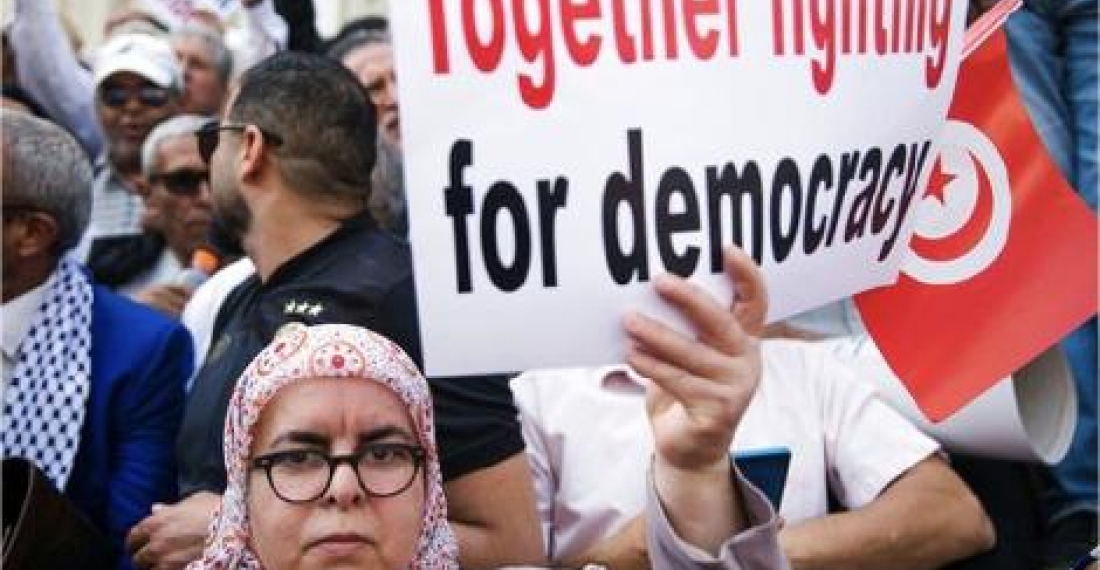On Monday (6 June), the Tunisian Association of Judges called a week-long nationwide strike after President Kaïs Saïed sacked 57 judges last Wednesday. The president justified his initiative claiming the need to clean up the judicial sector of all forms of corruption.
Among the judges dismissed last week by Saied was the former head of the Supreme Judicial Council, Youssef Bouzacker.
Before Saied replaced most of the council's members earlier this year, the Supreme judicial council had guaranteed judicial independence since Tunisia's 2011 revolution.
In addition to the week-long general strike, the judges have called for a demonstration on Wednesday, 8 June.
Saied's purge of the judiciary has drawn international attention. Washington accused him of eroding Tunisia's democratic institutions.
U.S. officials expressed concern to their Tunisian counterparts about the growing lack of checks and balances in the Tunisian governing system.
U.S. State Department spokesperson Ned Price called on Tunisia to pursue an inclusive and transparent reform process, with the participation of civil society.
Mr Saied, who earlier also replaced the independent electoral commission, said he would present a new constitution this month, however he is now facing widespread opposition to his measures.
Saturday (4 June) saw street protests against the start of negotiations on the new constitution, which the opposition sees as an attempt by President Saied to consolidate his grip on power.
While the president has pledged to hold a referendum on 25 July to approve the new constitution, discussions on drafting the constitution will be heated. The talks are off-limits to the main political parties, including the Islamist Ennahda Party and the Free Destourian Party, both of which have called for demonstrations this week. One of the country's most powerful trade unions, the UGTT, has boycotted the talks, and has also called for a nationwide strike on 16 June after the government refused to raise wages.
A draft of the new constitution is due to be presented to Saied on June 20.






